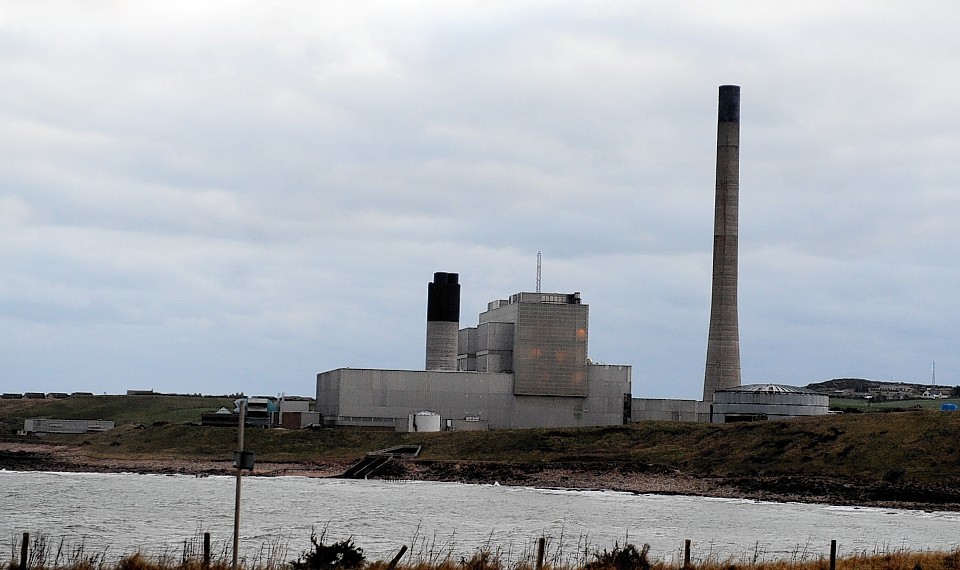Doubts have been raised about the ability of a north-east power plant to help keep Britain’s lights on this winter.
The gas-fired station at Peterhead is one of three facilities which is contracted to supply back-up power to prevent black-outs if there is an emergency as temperatures drop.
But it was claimed yesterday that the SSE-run plant did not produce adequate levels of power to fulfil this role when there was a test last week.
National Grid data is understood to show that the maximum available output from the plant unexpectedly fell from 780MW to zero during the trial on Thursday.
SSE and National Grid were both remaining tight-lipped about the issue last night.
An SSE spokeswoman said: “For commercial reasons we’re not commenting on the proving run at this time but will have further details later this week.”
National Grid said: “We will be discussing the results with SSE and will not be going into details about the test at the moment.”
The tests are required as part of a contract that National Grid signed last month with Peterhead, Littlebrook and Rye House power plants to provide 1.1GW of power if needed this winter.
National Grid has warned that its capacity to supply electricity this winter will be at a seven-year low due to generator closures and breakdowns, with spare power at 4%, compared to 5% last year and 17% three years ago.
Dan Lewis, senior energy policy adviser at the Institute of Directors, said such a test failure would be “worrying”.
“There’s just no margin for error,” he said. “When we are up against tighter and tighter margins inevitably things start to trip up. You don’t need many cold days to put yourself in a difficult position.”
A spokesman for the Department of Energy and Climate Change said: “National Grid undertakes these proving tests in order to be certain that plants are able to provide extra generating capacity when called upon.
“Peterhead is one of three plants who have been contracted to provide extra generation over the winter months if needed, while a number of other power units which were previously out of service have also begun the process of resuming generation.”
